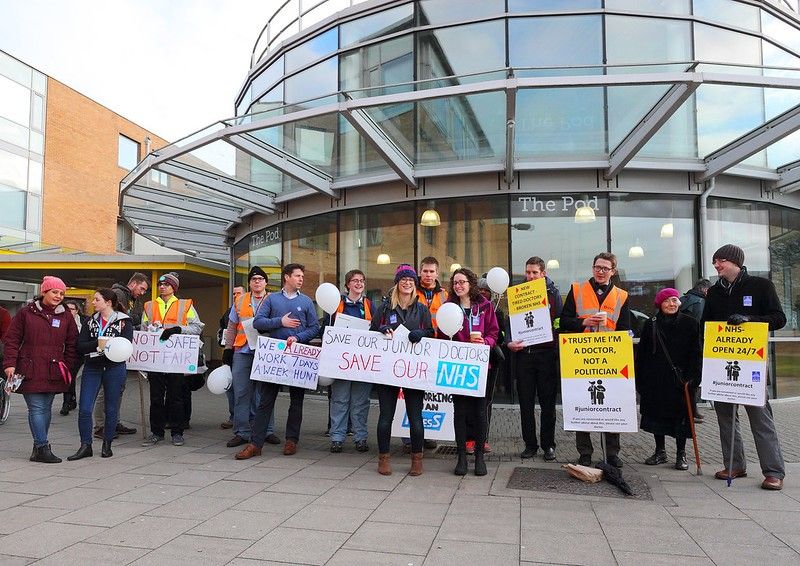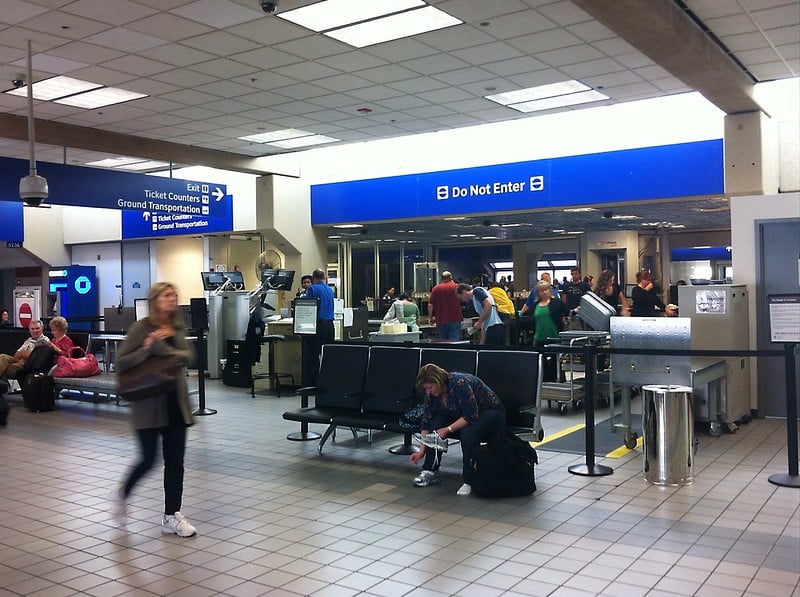Resident doctors in England will walk out for five days later this month as a pay dispute with the government deepens. The strike will run from 7 AM on Friday, July 25, to 7 AM on Wednesday, July 30, 2025, following a decisive ballot where 90% of voting doctors supported industrial action.
The dispute centers on the British Medical Association’s (BMA) demand for a 29.2% pay increase, which they say is needed to restore doctors’ pay to 2008 levels. According to the BMA, resident doctors have seen their pay erode by about a fifth in real terms over the past 17 years due to inflation and below-inflation pay awards.
“We have no choice but to strike without a credible offer to keep us on the path to restore our pay,” said BMA Resident Doctors Committee co-chairs, Dr. Melissa Ryan and Dr. Ross Nieuwoudt. “No doctor wants to strike, and these strikes don’t have to go ahead.”
The government has offered a 4% pay increase plus a one-off payment of £750 for 2025/26, which the BMA states amounts to an average of 5.4% rise. Health Secretary Wes Streeting has firmly rejected further pay negotiations, focusing instead on non-pay improvements to working conditions.
“The NHS recovery is hanging by a thread, and the BMA are threatening to pull it,” Streeting said. “The public will not forgive strike action in these circumstances.”
Similar Posts
This standoff comes less than a year after resident doctors accepted a deal in September 2024 that provided a 22.3% average increase over two years. While the BMA viewed this as progress, they made clear it wasn’t full pay restoration and warned further action would follow if pay didn’t continue to rise above inflation.
Basic salaries for resident doctors in England currently range from £37,000 to £70,000 a year for a 40-hour week, depending on experience, with additional payments for night shifts and weekends. The government says average full-time basic pay for a resident doctor will reach about £54,300 in 2025-26 with the current offer.
Healthcare leaders warn the strike will significantly impact NHS services. Previous walkouts have resulted in thousands of canceled appointments and procedures. Recent data shows a slight drop in the NHS waiting list to 7.36 million treatments as of May 2025, but experts fear this progress could be derailed.
Danny Mortimer, chief executive of NHS Employers, expressed disappointment that talks had broken down quickly and emphasized the “huge impact” strikes would have on the NHS and patients. “While NHS leaders and their teams will have to fill rota gaps and rearrange appointments, ultimately it is patients who will bear the brunt of this decision,” he said.
The impact of the strikes could extend beyond resident doctors. Other NHS staff groups, including nurses and consultants, are also considering industrial action over their own pay awards. The Royal College of Nursing is currently consulting members on the 3.6% pay increase they’ve been offered.
The Conservative opposition has criticized the government’s handling of the dispute. Opposition leader Kemi Badenoch accused Prime Minister Keir Starmer of being “too weak” in negotiations despite the previous pay rise.
The upcoming strike will not affect resident doctors in Scotland, Wales, or Northern Ireland, who negotiate directly with their devolved governments on pay matters.



















